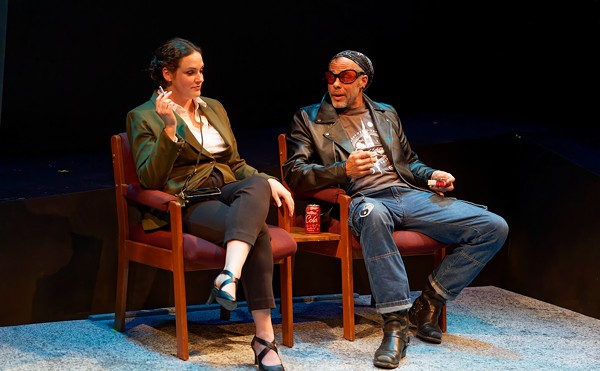Time has not been kind to Charlie Chan. Author Earl Derr Biggers penned six novels featuring Honolulu's Chinese-born super-sleuth, but the character was cemented in the public consciousness by the 44 films made between the years 1931 and 1949. As was the norm in those days, a Caucasian portrayed Charlie Chan, and today the character's portrayal is often pegged as an offensive stereotype. In his new book Charlie Chan: The Untold Story of the Honorable Detective and His Rendezvous with American History, Yunte Huang redeems Chan through an exhaustive examination of the novels and films in the context of their times. Much like Speedy Gonzales, a hero throughout Mexico but suppressed in today's politically correct climate, the Charlie Chan films were hugely popular in China and countered the pervasive Chinese stereotype of the time — the "yellow peril" of Fu Manchu. Huang also digs deeply into a little-known fact: Charlie Chan was based on a real person, a bullwhip-carrying cop feared by the Honolulu underworld and respected by his colleagues. Huang discusses and reads from his book tonight at 7 p.m. at Left Bank Books (399 North Euclid Avenue; 314-367-6731 or www.left-bank.com). Admission is free, and copies of Huang's book will be available for purchase.
Wed., Dec. 8, 2010
The Case For Charlie Chan
[
{
"name": "GPT - Leaderboard - Inline - Content",
"component": "41932919",
"insertPoint": "5th",
"startingPoint": "3",
"requiredCountToDisplay": "3",
"maxInsertions": 100
}
]





